What’s the first thing you think of when you think of a Compassion centre? If your mind’s eye conjures up the sound of children’s laughter and chatter, the sight of gap-toothed grins and wiggling fingers in the air or even the warm feelings of love and acceptance, you’d be right on all accounts. It’s what comes to mind first for us too—thriving kids—the beating heart of our mission. But there is something essential, and perhaps unexpected, that undergirds this beautiful picture we call to mind when we think of Compassion’s program: data.
No matter if data thrills or chills you, we can assure you that there is nothing cold or hard about this fact: Compassion’s program is data-driven and evidence-informed.
Let’s connect the dots between Compassion’s program and the data that brings it to life.
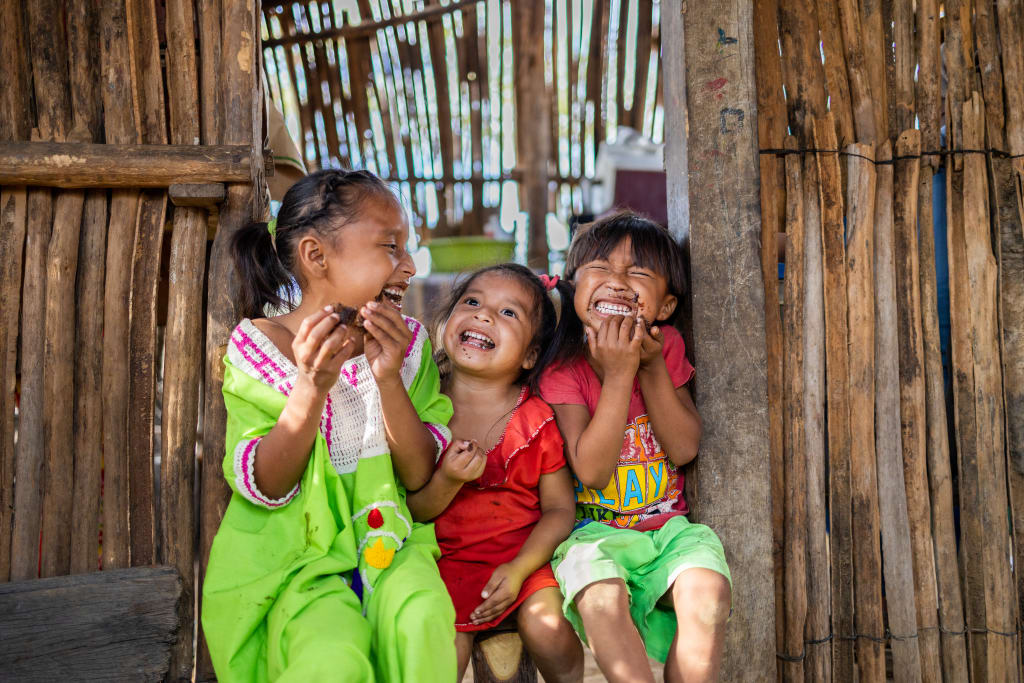
Meet MERL
Compassion has a team dedicated to ensuring that our program remains in a development mindset. This means that Compassion’s program is not static, rigid or one-size-fits-all. Instead, it is given the right tools and information to continue growing, adapting and remaining agile.
The Monitoring, Evaluation, Research and Learning team, otherwise known as MERL, is responsible for collecting, understanding, valuing and using high-quality data so that our church partners around the world have what they need to serve children with excellence.
MERL is a vital part of Compassion’s Program Cycle, which you can read more about in our 2023 Impact Report.
It would be quite challenging to capture all that this team does (it’s a lot!) but at the core of all their work is the commitment to improve outcomes for the children and youth we serve.
“We don’t want national offices or churches to make decisions from low-quality data, which could lead them down the wrong path. We take that very seriously when we design our data collection instruments. The purpose of the data is so churches can use high-quality data to make programmatic decisions that in turn will lead to improving child and youth outcomes. That’s the primary use for the data we’re collecting.”
Kathy Goss, Senior Director of the MERL team
To do this work well, it requires attention to three key areas: the scale, ownership and implementation of the data. Let’s explore what it means for Compassion’s program to remain data-driven and evidence-informed.
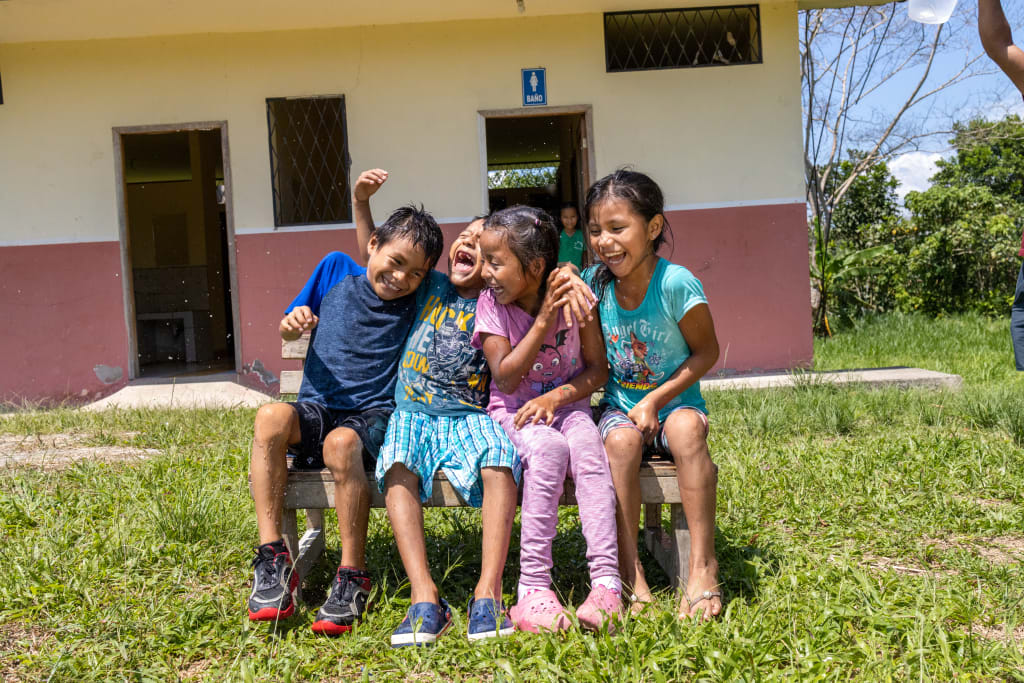
Scale: The size of the data
The data that is being collected must serve our church partners well. This means that to have the most impact, it needs to be in their hands in a format most accessible and usable to them, as well as be delivered in a way that is “right-sized” for the church partner to apply in their context. Compassion’s MERL team works with the national offices so that the data remains as close as possible to each local church partner, meaning it is aggregated at that level and applies to the children who walk through their doors every day.
That is over 8,300 church partners in 29 countries!
At the same time, the MERL team ensures the data being collected not only is applicable to individual church partners but can also provide rigorous, quality information and learnings that are useful for the national offices. The national offices are given aggregate data collected from the local churches in their country which helps them to set strategies and make programmatic decisions. This approach plays an incredible role in developing Compassion’s data-driven program across the world.
“What does it take? The amount of detail, organizing, collaboration and [record keeping] in order to be able to keep that level of rigor when we work with the number of countries and [operate at] the size at which we’re trying to roll this out. Just thinking through what that scale is might be surprising to you.”
Kathy Goss, Senior Director of the MERL team
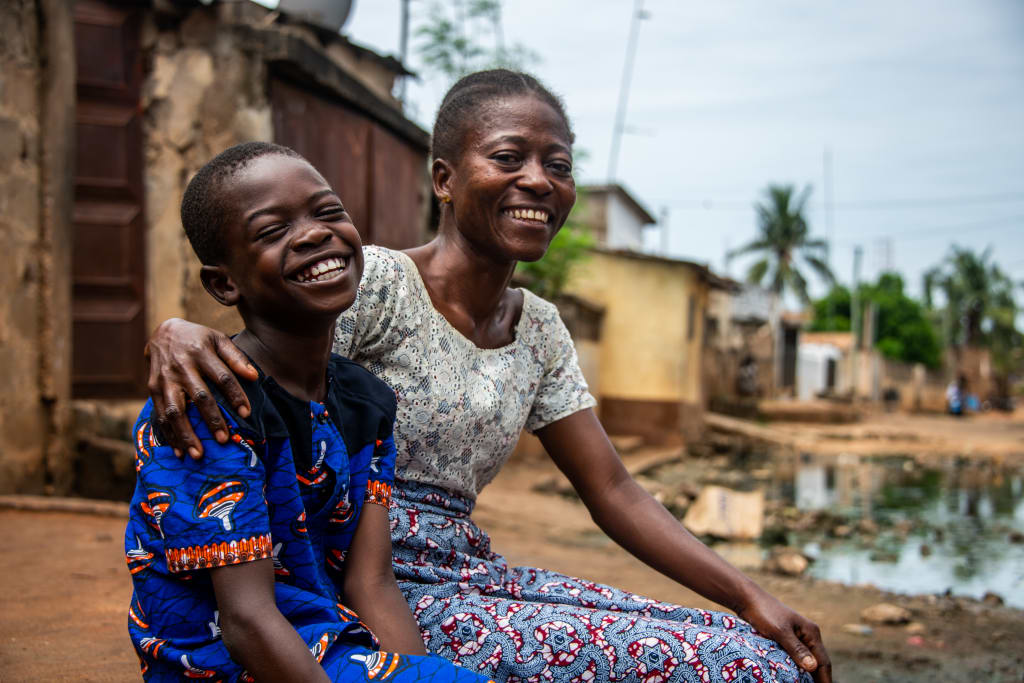
Ownership: The embrace of the data
Data that isn’t relevant to our church partners does not serve them. This means that it is crucial for the data to feel valuable and accessible at every level. To make sure that this is the case, church partners and national offices are brought in early when new data-collection instruments and tools are being developed. This helps emphasize and ensure that the data supports the local church partners who are serving children.
The national offices help to facilitate this embrace of data and advocate for tools and instruments that accurately reflect the voices of the children and youth in Compassion’s program. The MERL team collaborates with the national offices to ensure that there is training on understanding the value of data and becoming data-literate so that they are fully equipped and empowered to maximize the impact of Compassion’s program.
MERL is a significant tool in the ongoing development of Compassion’s program because it amplifies the voices of the local church and national offices. This is essential to Compassion’s posture in terms of strategy. Referred to as “the inverted triangle”, Compassion’s strategy is not disseminated from the top down, but rather works its way upwards, beginning with being informed by the local church, to the national office, through the regional level to make its way to Compassion International. MERL helps ensure that the local church and national offices are fully empowered to design a data-driven program.
Said most simply: Compassion supports the local design and implementation of programs informed by research, data analysis, science, practitioners, as well as the values and experiences of the local church.
“[The tools we develop] give the national offices ownership in where they’re going. They can articulate their needs and see that their needs are being met in real time.”
Kristen Check, Qualitative Research Manager on the MERL team
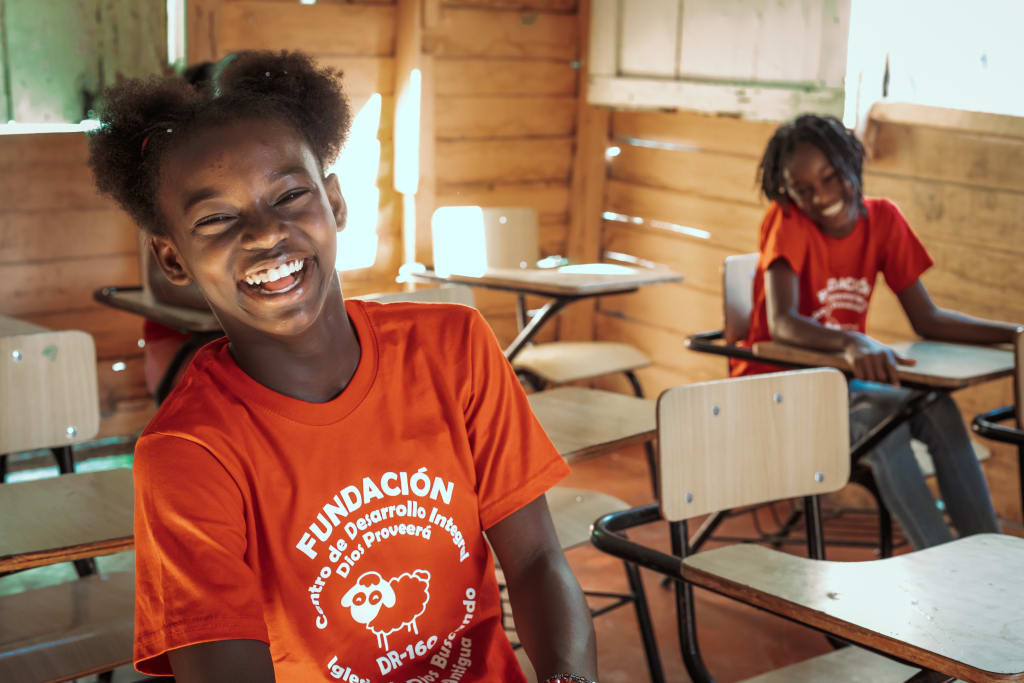
Implementation: The goal of the data
The ultimate goal for this data is that it will be used to accomplish our mission of releasing children from poverty in Jesus’ name. The greatest strength of Compassion’s program is its holistic child development approach. Every child’s unique needs are accounted for, and this requires agility. The ability to respond to a child’s needs is fundamental to our program. This means it is essential to have a data-driven program.
Compassion is committed to data that follows globally standardized indicators which help us understand how children are faring against child development milestones. These indicators, as much as possible, are aligned to internationally validated and standardized instruments (UNICEF, WHO, SDGs, etc). This means we pursue quantitative and qualitative proof of impact across development sectors.
Data keeps Compassion’s program relevant for the children we serve because it informs decisions. The information that is available for our national offices and church partners is a tool they can harness in ways that make the most sense in their context and for the children they serve. Well-informed decision-making is critical.
“We want to ensure that what we’re bringing to the table for decision-making purposes is reliable, right and trustworthy, and that people feel a level of confidence that they can use that information to make decisions about priorities and strategy.”
Kristen Check, Qualitative Research Manager on the MERL team
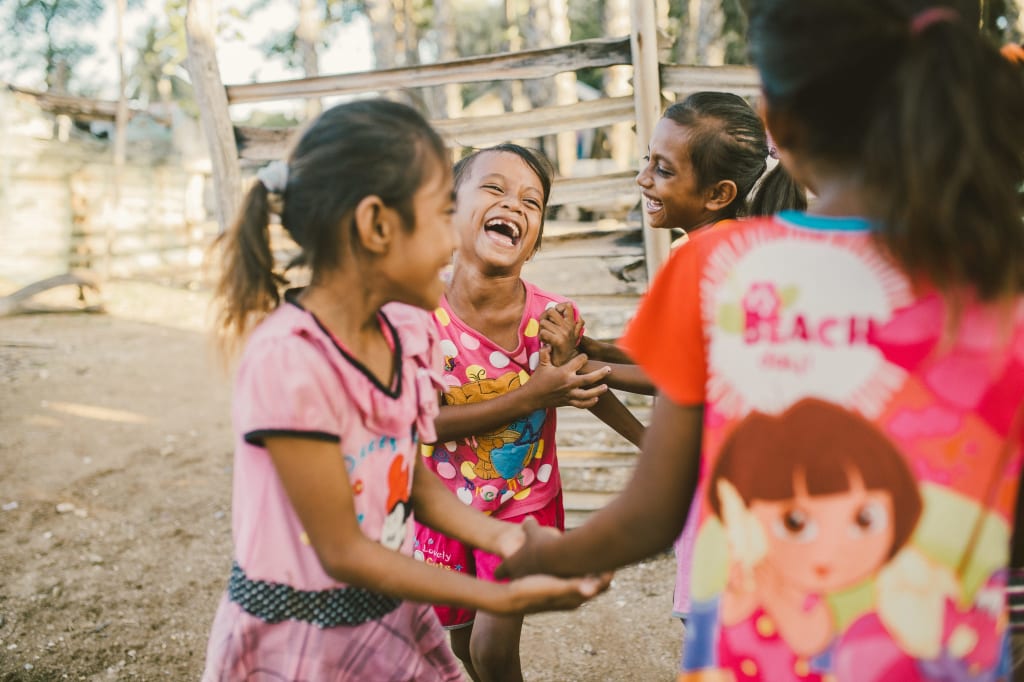
Have you ever had a doctor use a stethoscope to listen to your heart? The cool metal presses against your chest as the doctor puts the earpieces in and listens to your heartbeat. It’s a tool that gives the doctor more insight into your health.
Remember those giggling, wiggling kids we called to mind? The heartbeat of our mission. Data is the tool we use to gain insight into the health of Compassion’s program. It tunes into the heartbeat of our mission and helps us care for children with excellence.
When you sponsor a child with Compassion, you are getting to the heart of our mission: Releasing children from poverty in Jesus’ name.





